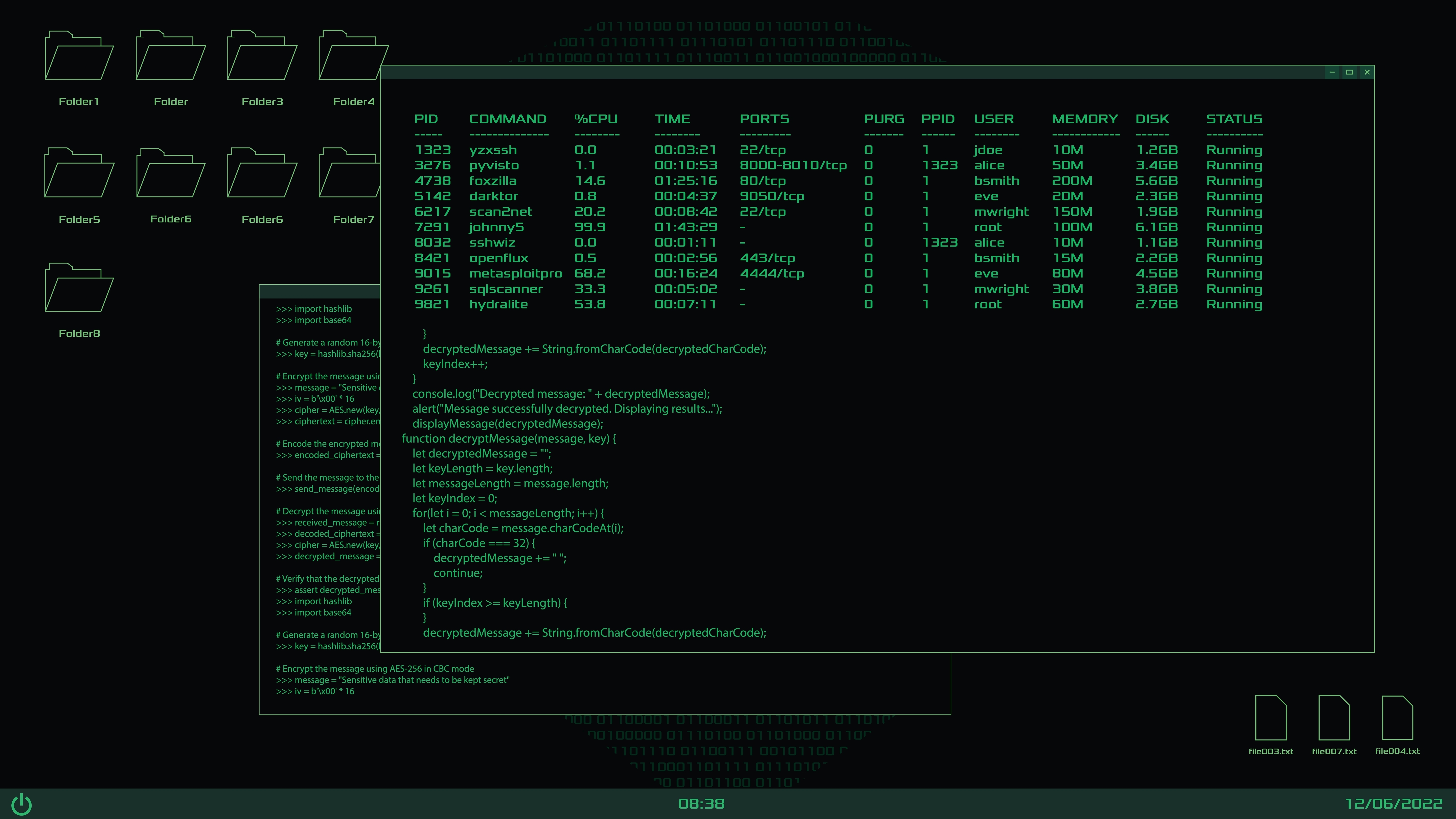Public relations plays a vital role in promoting responsible gambling and addressing ethical concerns within the gaming industry. As gambling becomes more accessible through online platforms and expanded retail locations, PR professionals must balance business interests with social responsibility. The gambling sector faces unique challenges around addiction, financial risks, and public perception that require thoughtful communication strategies. Through strategic PR initiatives, gaming companies can demonstrate their commitment to player protection while building trust with stakeholders and maintaining sustainable business practices.
PR Overview
Understanding the Role of PR in Gambling Ethics
Public relations serves as a bridge between gambling operators and their various stakeholders, including players, regulators, advocacy groups, and local communities. PR professionals help shape messaging around responsible gaming policies, problem gambling resources, and industry standards. They work to ensure transparency in communications while promoting responsible gambling behaviors.
The gambling industry generates significant revenue – the global market reached $458.93 billion in 2022 according to Fortune Business Insights. This economic impact comes with substantial responsibility. PR teams must address concerns about gambling addiction, which affects approximately 1% of the adult population in most countries based on WHO estimates.
Developing Effective Responsible Gaming Communications
Clear Policy Communication
Responsible gaming policies need clear, accessible communication across all channels. PR teams should ensure these policies appear prominently on websites, marketing materials, and within gaming venues. Key elements include:
- Age verification requirements
- Self-exclusion programs
- Deposit and time limits
- Reality checks and cooling-off periods
- Access to account history and spending patterns
Messages should use straightforward language that avoids industry jargon. Visual elements like icons and infographics can help convey information effectively.
Staff Training and Internal Communications
PR initiatives should include comprehensive staff training programs. Employees need to understand responsible gaming policies and know how to assist customers showing signs of problem gambling. Internal communications should:
- Provide regular updates on responsible gaming initiatives
- Share success stories and best practices
- Outline escalation procedures for concerns
- Reinforce the importance of compliance
Regular training sessions and updates help maintain consistent messaging across the organization.
Addressing Problem Gambling Through PR
Early Intervention Messaging
PR campaigns can help identify warning signs of problem gambling and promote early intervention. Messages should focus on:
- Common indicators of gambling problems
- Available support resources
- Steps to seek help
- Success stories from recovery
According to the National Council on Problem Gambling, early intervention can significantly reduce the negative impacts of gambling addiction.
Crisis Communication Planning
PR teams must prepare for potential crises related to problem gambling. This includes:
- Developing response protocols
- Creating message templates
- Identifying spokespersons
- Establishing media relationships
- Maintaining stakeholder contact lists
Quick, appropriate responses help maintain trust during challenging situations.
Building Strategic Partnerships
Collaborating with Advocacy Groups
Partnerships with advocacy organizations add credibility to responsible gaming initiatives. PR teams should:
- Identify relevant organizations
- Develop joint programs
- Share resources and expertise
- Create collaborative content
- Measure partnership impact
The National Council on Problem Gambling and similar organizations often welcome industry partnerships that advance responsible gaming goals.
Working with Treatment Providers
Relationships with treatment providers strengthen support networks. PR initiatives can:
- Promote available treatment options
- Share success stories
- Facilitate referrals
- Support research efforts
- Fund treatment programs
These partnerships demonstrate concrete commitment to addressing problem gambling.
Measuring PR Impact
Data Collection and Analysis
PR teams should track key metrics to evaluate program effectiveness:
- Awareness levels of responsible gaming initiatives
- Utilization of support resources
- Stakeholder feedback
- Media coverage
- Social media engagement
- Self-exclusion statistics
Regular assessment helps refine strategies and demonstrate ROI.
Reporting and Transparency
Regular reporting builds trust with stakeholders. Reports should include:
- Program outcomes
- Resource allocation
- Partnership results
- Future initiatives
- Areas for improvement
Transparency about both successes and challenges strengthens credibility.
Digital PR Strategies
Social platforms offer opportunities to share responsible gaming messages. Effective strategies include:
- Educational content
- Resource sharing
- Community engagement
- Real-time support
- Success stories
Social media allows direct communication with players and stakeholders.
Website Optimization
Websites should prominently feature responsible gaming information:
- Dedicated responsible gaming sections
- Easy-to-find support resources
- Self-assessment tools
- Clear policy information
- Mobile accessibility
User experience testing helps ensure information accessibility.
Regulatory Compliance
Meeting Legal Requirements
PR teams must ensure all communications meet regulatory standards:
- Advertising restrictions
- Disclosure requirements
- Warning messages
- Age verification
- Data protection
Requirements vary by jurisdiction and require regular monitoring.
Industry Standards
Beyond legal requirements, PR should address industry best practices:
- Voluntary codes of conduct
- Industry association guidelines
- International standards
- Emerging best practices
Exceeding minimum requirements demonstrates leadership in responsible gaming.
Future Considerations
Technology Integration
New technologies create opportunities and challenges:
- AI-powered player protection
- Blockchain transparency
- Virtual reality considerations
- Mobile gaming safeguards
- Data analytics applications
PR teams must stay current with technological developments.
Emerging Markets
As gambling expands to new markets, PR strategies must adapt:
- Cultural considerations
- Local partnerships
- Regional regulations
- Market-specific messaging
- Infrastructure development
Research and local expertise guide market-specific approaches.
Conclusion
Public relations plays a central role in addressing ethical concerns in gambling. Through strategic communications, partnerships, and measurement, PR professionals help gaming companies demonstrate their commitment to responsible operations. Success requires ongoing engagement with stakeholders, adaptation to new technologies and markets, and unwavering focus on player protection.
Organizations should prioritize:
- Clear communication of responsible gaming policies
- Strong partnerships with advocacy groups
- Comprehensive measurement programs
- Regulatory compliance
- Technology integration
- Market-specific strategies
By maintaining these focuses, PR teams can help create a more ethical and sustainable gambling industry that protects players while supporting business success.
Crisis Communications for Beauty Brands
When a beauty brand faces a crisis, the clock starts ticking immediately. Whether it's a...
How PR Shapes Trust in a Post-Hype Blockchain Era
The blockchain industry has weathered multiple storms—from spectacular exchange collapses to...
The Intersection of Corporate Communications and Cybersecurity Messaging
When a cybersecurity incident strikes, the technical breach is only half the battle. The other...




